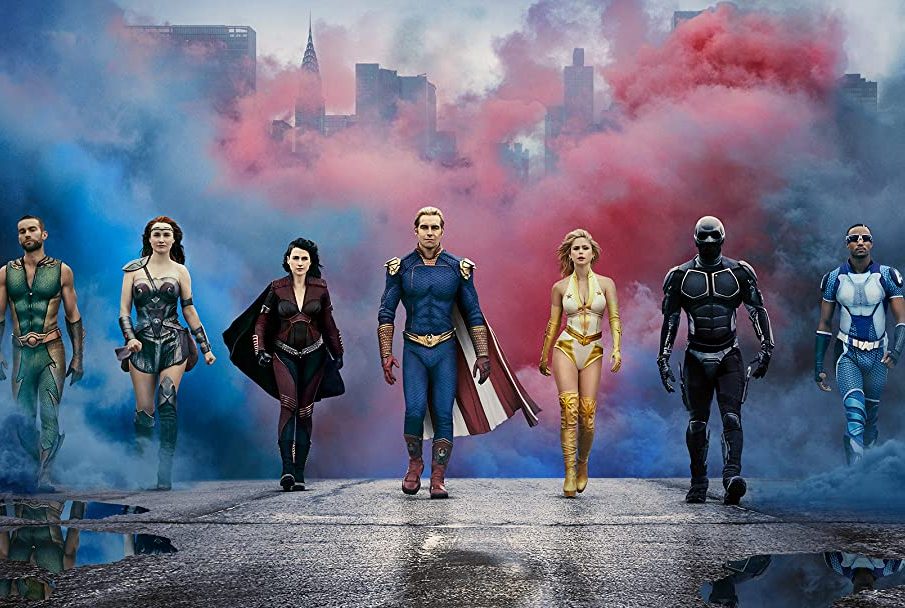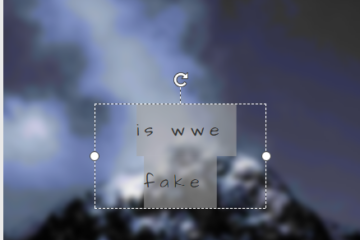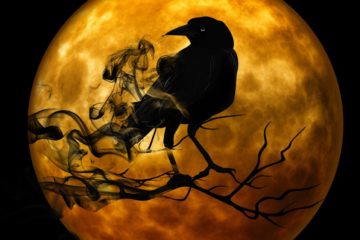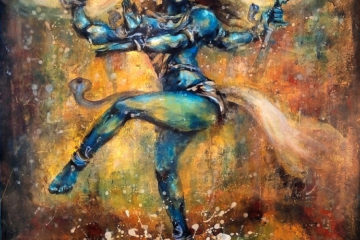The Boys Session 2 is back

Many heads explode in season two of The Boys, Amazon’s wry, messy, gruesome, sharp superhero drama. a number of the top explosions are figurative, like when a character’s surprising backstory is revealed, or a very surprising twist arrives. it’s The Boys, though — a show that loves its gore almost the maximum amount because it loves sardonic music cues and skewering capitalism — so most of the minds that get blown in season two are gleefully literal. Heads pop open at unexpected moments, splattering grey matter hither and yon. Mid-conversation, a head might simply cease to be, replaced by a bright spray of red and a sound like dropping an open carton of fruit juice on the ground . “Heads will roll” is such an old-fashioned way of brooding about violence. Heads that burst like party balloons filled with shiny red confetti are such a lot more fun!
The Boys relies on its audience’s ability to experience exploding heads as “fun”; it’s unapologetically and unrelentingly the type of show that asks you to be down for whatever bananas bloody nonsense it can consider . If you’re uncomfortable hanging out with, say, a superhero who unthinkingly splatters a guy’s head into oblivion while getting a jacking off from his superhero girlfriend, then this is often not and can never be your show. for everybody willing to leap on board thereupon mentality, though, The Boys has one among the foremost bracing, uncomfortable, and piercing points of view currently on TV.
By now, there’s a hearty tradition of gritty superhero stories. I remember writing in my review of the primary season of The Boys that on its own, the concept of dark and twisty superheroes has become rote enough to possess totally lost its original luster. It’s not exciting to means that superheroes are probably bad; Watchmen broke that ground decades ago, and we’ve all lived in its long and influential shadow ever since. But The Boys — in original comic but especially in TV adaptation form — is that the most interesting and trenchant update of that original concept I’ve seen, and therefore the show ups the ante on all of its most suggestive ideas in season two, the primary three episodes of which drop on Friday, September 4, with new episodes released weekly then .
It’s most centrally and most effectively a show about superheroes, capitalism, and consumer culture. Homelander (Antony Starr), the Captain America knock-off and leader of the show’s Avenger-style superhero team The Seven, is that the character most invested in maintaining a shiny superhero public identity and is additionally among the most important , scariest sociopaths on the show. Season two introduces a replacement member of The Seven, Stormfront (Aya Cash), who swiftly undermines Homelander’s popularity, delivering what seems like authentic humanity altogether of the heroes’ stilted press appearances. For anyone well-versed within the darker online message boards, however, the slow reveal about Stormfront’s true motives will come as little surprise. (On The Boys, “who’s the foremost sociopathic” may be a title with tons of competition.)
The difference for The Boys is that while the heroes fight one another with familiar superpowers, they’re all even more hooked in to soft power. Who has the higher brand? How is that this unexpectedly tough interview with Maria Menounos going? When The Deep (Chace Crawford) joins a Scientology-esque church and starts rehabilitating his image, it’s not through impressive feats of world-saving derring-do, it’s through a vulnerable sit-down interview with Katie Couric. The show is basically smart about media images and therefore the all-powerful impact of a Q score, and it’s even better at brooding about how the soft power and therefore the hard power wielded by these characters combine into a very combustible, terrifying cultural hegemony.
The Boys is so good at the specifically horrible contours of its awful superheroes and their corporate overlords Vought International, in fact, that its storytelling about the titular Boys may be a tiny little bit of a letdown. Don’t get me wrong, Billy Butcher (Karl Urban) and Hughie Campbell (Jack Quaid) are completely effective as sort-of leaders of a ragtag bunch of nobodies who’ve made it their mission to uncover the gross truths about Vought. But you get the sense that the show’s most baroque bits of nightmare fuel, both physical and mental, are reserved for the Supes. The Boys do their best to tug off the standard desperate plots to seek out world-shattering information which will change everyone’s minds about heroes forever, but it seems like they’re mostly there to assist us register how fucked up everything is. Did I mention the exploding heads? It’s all pretty fucked up.
Guts and a defiant lack of glory aren’t usually my bag, but The Boys does it with such gusto that I found myself not minding that much. If it were purposeless blood splatter, it’d be easier to only turn it off, but the violence is tied to such a convincing critique of media image-making and company control that i used to be willing to endure the carnage.
There are only two things that pull me out of The Boys, two things that distract me from its otherwise compelling worldview. one among them is completely within the show’s power to change: the episode runtimes. For nearly as good because the Boys is — and it’s really pretty good! — there’s no need for multiple episodes that punch in at 67 minutes. Not only does it become an endurance test for viewers, it unquestionably undermines the effectiveness of the show. Its “really pretty good” storytelling could so easily get dialed up to “wow, it’s great!” with a more concise edit. With some punchier plot beats, more deliberately chosen “here’s why I’m sad” heart-to-heart moments, and a willingness to sacrifice one level of plot twist for the sake of overall tightness, The Boys could achieve a rhythmic precision that might complement its aesthetic maximalism.
The other thing I can’t help be distracted by are some things that The Boys can’t really help: It’s a show that’s at its best when it’s a critique of overwhelming corporate power, and it’s purchased by one among the most important and most powerful corporations on the earth . Every promotion for The Boys is additionally a promotion for Amazon Prime, and its success is additionally a win for Jeff Bezos, a man so wealthy and powerful that he almost writes himself as a perfect villain for the show.
Like it or not, though, there are only a couple of places where a show just like the Boys can get made, only a couple of places funding TV production with the cash necessary for a show of this scope to exist. So maybe there’s something underhanded and subversive about The Boys’s streaming home, sort of a cultural bomb got smuggled into the very heart of Amazon’s inescapable brand. But I also couldn’t stop brooding about Stormfront, the new season two character who becomes popular by voicing public criticism of Vought. Ultimately, she’s a Vought property; her popularity only shores up Vought’s foothold within the market share of audience appeal. So while i prefer The Boys, and therefore the elements that ring truest on behalf of me are those that talk to corporate greed and exclusionary visions of power, I also can’t help but wonder if Bezos watches the show, and what he cares it.
This Article Taken Reference from vulture


















